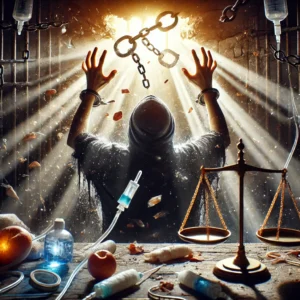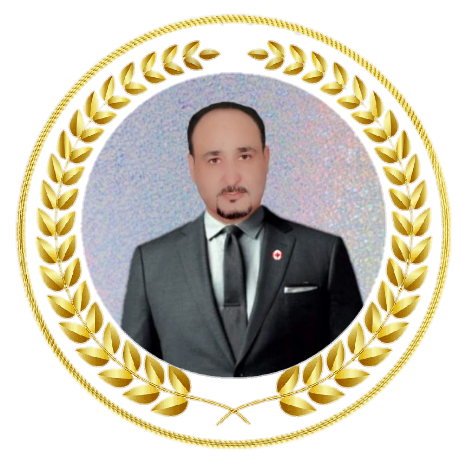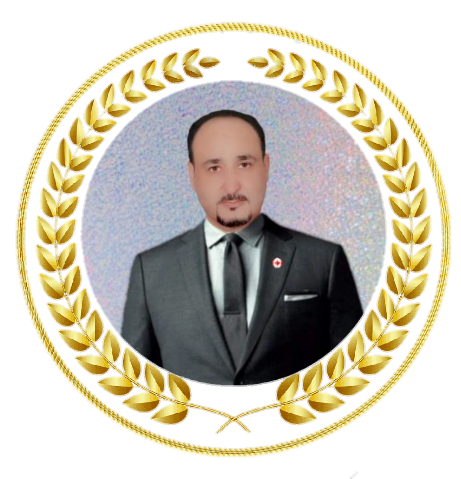
The method of “repression” adopted by the Moroccan authorities was documented by Human Rights Watch in their July 2022 report, titled “They Will Get to You No Matter What.”
Under the title “They Will Take You Down No Matter What,” a report by Human Rights Watch issued in July 2022 outlines the repressive tactics employed by the Moroccan authorities. The report demonstrates how the Moroccan regime relies on a variety of tactics to intimidate dissenting voices and opponents.
These methods include unfair trials and harsh sentences targeting journalists, whether they are in Morocco or abroad. Defamation campaigns in media outlets controlled by security agencies are also utilized, alongside digital surveillance and physical intimidation, targeting the families of opponents, with situations even escalating to the brink of assassination. It is evident that the deterioration of human rights conditions in Morocco coincided with the normalization of relations between Rabat and Israel, supported by the United States under the “Abraham Accords.”
It is clear that the Moroccan regime seeks to exploit Israeli support to influence Western governments, particularly the United States, in an attempt to cover up its human rights violations. Pro-regime media has contributed to this notion, claiming that the road to Washington passes through Tel Aviv.
Additionally, the regime exploits all legal and illegal means applied to states rather than individuals, particularly regarding the Western Sahara issue (the Sahrawi Arab Democratic Republic). This has been utilized to garner support from Egyptian authorities, attempts to deport me to Egypt, as well as repeated assassination attempts, in addition to medical neglect that I will detail later.
Regarding my personal experience, I was arrested by the Moroccan police on February 7, 2016, where the judicial police accused me of a series of charges, including forging documents, using them, impersonation, and illegal residency in Morocco, as well as forging local and international seals. Although these charges were fabricated, the court decided to change the accusation to issuing a false certificate (the certificate issued by the International Union of Arab Press to Mr. Mustafa El-Khalfi, the Minister of Communication and Government Spokesperson at the time). I was sentenced to three months of prison, where I was denied the right to request a lawyer for the second time to appeal. The court upheld the previous ruling, leading me to serve the full sentence in Ain Sebaa Prison in Casablanca.
Before my release, I was presented on April 26 to the public prosecutor at the Ain Sebaa Court, where I was informed of an international arrest warrant against me from the Egyptian government via Interpol. As a result, I was placed in Salé 1 Prison, where I was presented one day later, after the previous sentence ended, on May 15 to the Court of Cassation, which responded to the request for my extradition to Egypt. However, I submitted multiple petitions to the relevant Moroccan authorities not to comply with this procedure.
I remained detained in that prison facility until I was arbitrarily transferred to Tiflet 2 Prison on September 6, 2017, which is a high-security prison designated for long sentences, death sentences, and terrorism cases. I was placed in isolation, deprived of all my rights, subjected to malnutrition, and received expired medications claimed to be for heart treatment.
During that period, I endured all forms of psychological torture, assassination attempts, and medical neglect that led to my permanent disability. After my release, I underwent spinal surgery to remove a disc and stabilize my spine with metal screws. I am now in the process of conducting tests in preparation for another similar surgery for cervical discs to remove affected discs and stabilize the vertebrae with metal. I also suffer from arterial constriction, necessitating the placement of stents in the coronary artery. Additionally, I suffer from another serious illness called muscular sclerosis, which unfortunately has no treatment yet, affecting the muscles and nerves in the brain and spinal cord, gradually leading to loss of movement and speech.
I was released on March 20, 2020, but violations and harassment continued even after my release, based on a decision by the UN Committee Against Torture. My documents and money were stolen from my home, and despite reporting this to the police, no action was taken, even after I provided pictures of the thief and information about the time and place of the meeting that was scheduled to negotiate regarding my documents. No one is listening.
You can search for my name (Egyptian journalist Hany Khater) in Arabic on Google to see many articles confirming this, along with further details regarding the decision of the Committee Against Torture.
Attached is an audio recording from inside Tiflet 2 Prison, demonstrating the violation of all my rights, medical neglect, and malnutrition:
YouTube on September 6, 2019 (during detention): Video Link
Decision of the UN Committee Against Torture (in multiple languages): in homepage
I seek to take all legal actions to file an official case against Morocco, demanding the following:
- Compensation for violating Article 3 and Article 16 of the UN Committee Against Torture Human Rights Charter.
- Compensation for 49 months of arbitrary detention (without justification).
- Compensation for ill-treatment.
- Compensation for medical neglect that led to my permanent disability (as I underwent serious surgery to remove discs and stabilize my spine with metal screws) and waiting for another appointment for similar cervical disc surgery.
- Compensation for arterial constriction and stenting.
- Compensation for vision impairment resulting from prolonged detention and solitary confinement.
- YouTube, dated 09/06/2019 (during detention).
The first video was published on the newspaper’s channel (rihana press) in Arabic.
The second video is translated into both English and French
The first video – Arabic
The second video – English and French


